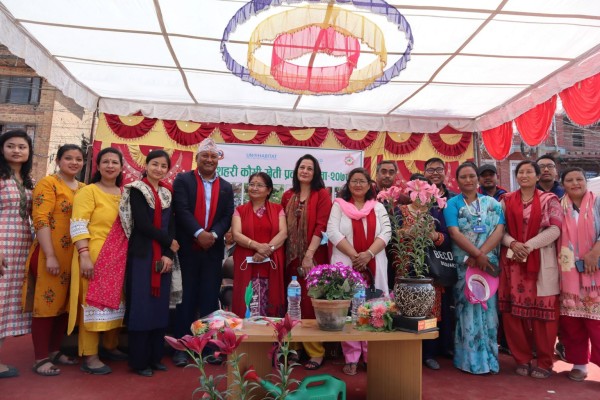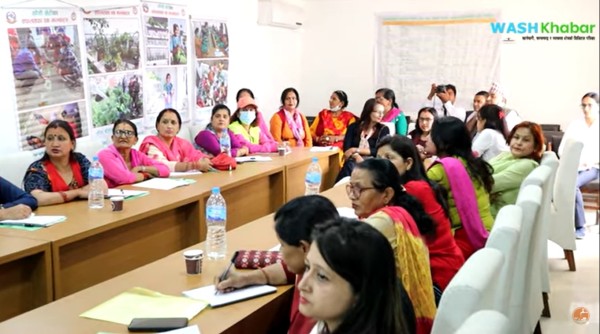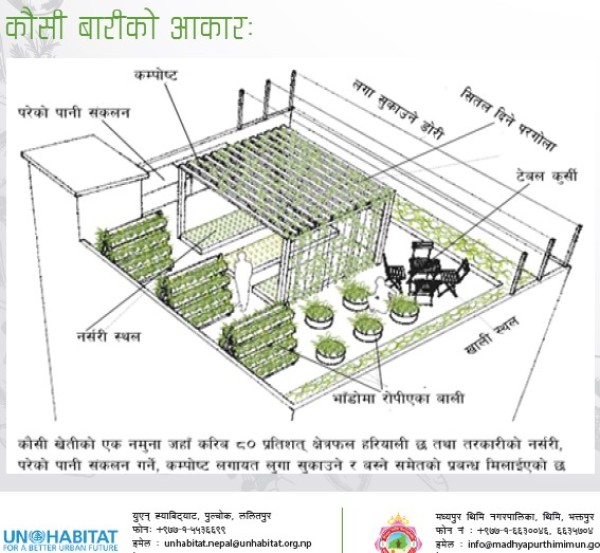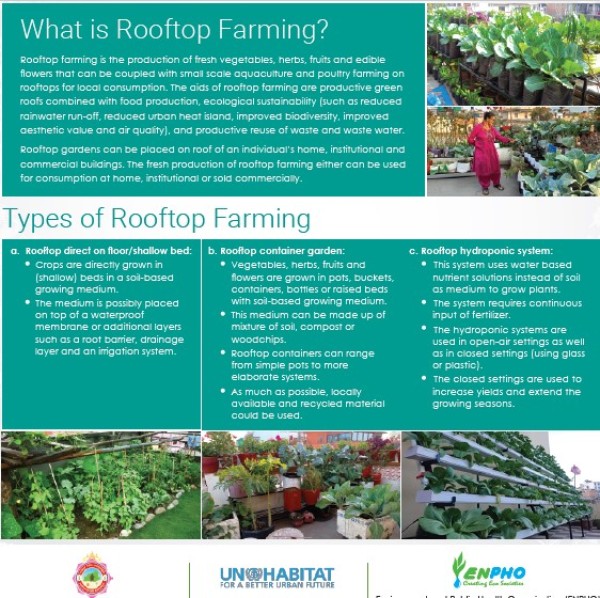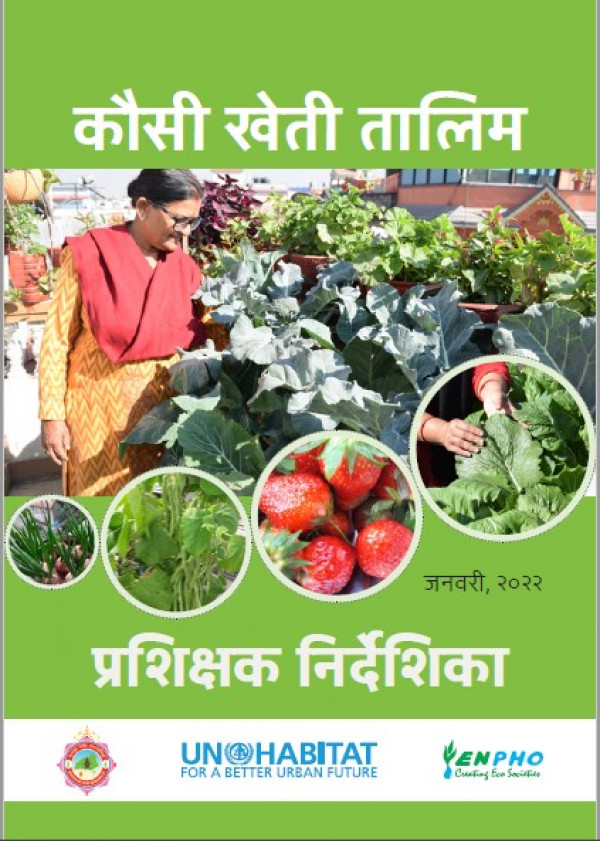Green Rooftop Farming - Water For Life
Project Background:
Rapid urbanization and creating enormous
stress on basic urban services and local food security. The situation is more
critical in Kathmandu Valley, one of the fastest urbanizing cities in Asia.
Roof Top Farming (RTF) offer an alternative growing space to provide fresh
vegetable products for city dwellers along with reuse opportunity of organic
waste in productive way. In the latest year, RTF is getting popular among the
city dwellers. COVID pandemic lockdown is pushing city dwellers to grow their
own fruit and vegetables in their homes. However, they lack technical knowhow
and effective and innovative techniques to enhance the rooftop farming
practice.
Local municipalities are also coming in
front promoting urban agriculture including Roof Top Farming. Madhyapur Thimi,
one of the municipalities within Kathmandu valley, is very much committed to
this endeavor. The municipality is producing manure for organic farming from
last few years adopting Japanese technology Risiki. This municipality is also popular
for vegetable farming from the past, while the newly built-up areas in ward no
1-3 are also seeking alternative ways of farming where the municipality would
like to support. Therefore, Green Rooftop Farming- The Water for Life Project
is implemented at Madhyapur Thimi Municipality in partnership between
UN-Habitat, environment and Public Health Organization (ENPHO) and Madhyapur
Thimi Municipality (MTM).
Objective of the Project:
The broader aim of the pilot project is to
"Promote innovative ways of urban agriculture through capacity building of
city dwellers to support food security and to contribute in waste management
thereby conserve water and reduce the impact of climate change". The Water
for Life Project is based on donation and funding from Japanese grassroots
groups and individuals and aims to collaborate with sustainable technology and
know-how from Japan where relevant to the context and activities in Nepal.
The specific project objectives include:
| Objective 1: | Promote RTF and reduce dependency on market for vegetable. |
| Objective 2: | Promote urban water conservation by rainwater harvesting, grey water recycling and organic waste management at household level |
| Objective 3: | Build the capacity of urban dwellers on skill and knowledge on RTF and household waste management. |
| Objective 4: | Demonstrate innovative techniques and technologies in RTF and household water and waste management |
| Objective 5: | Disseminate the learning of the Green Rooftop initiative to larger population |

